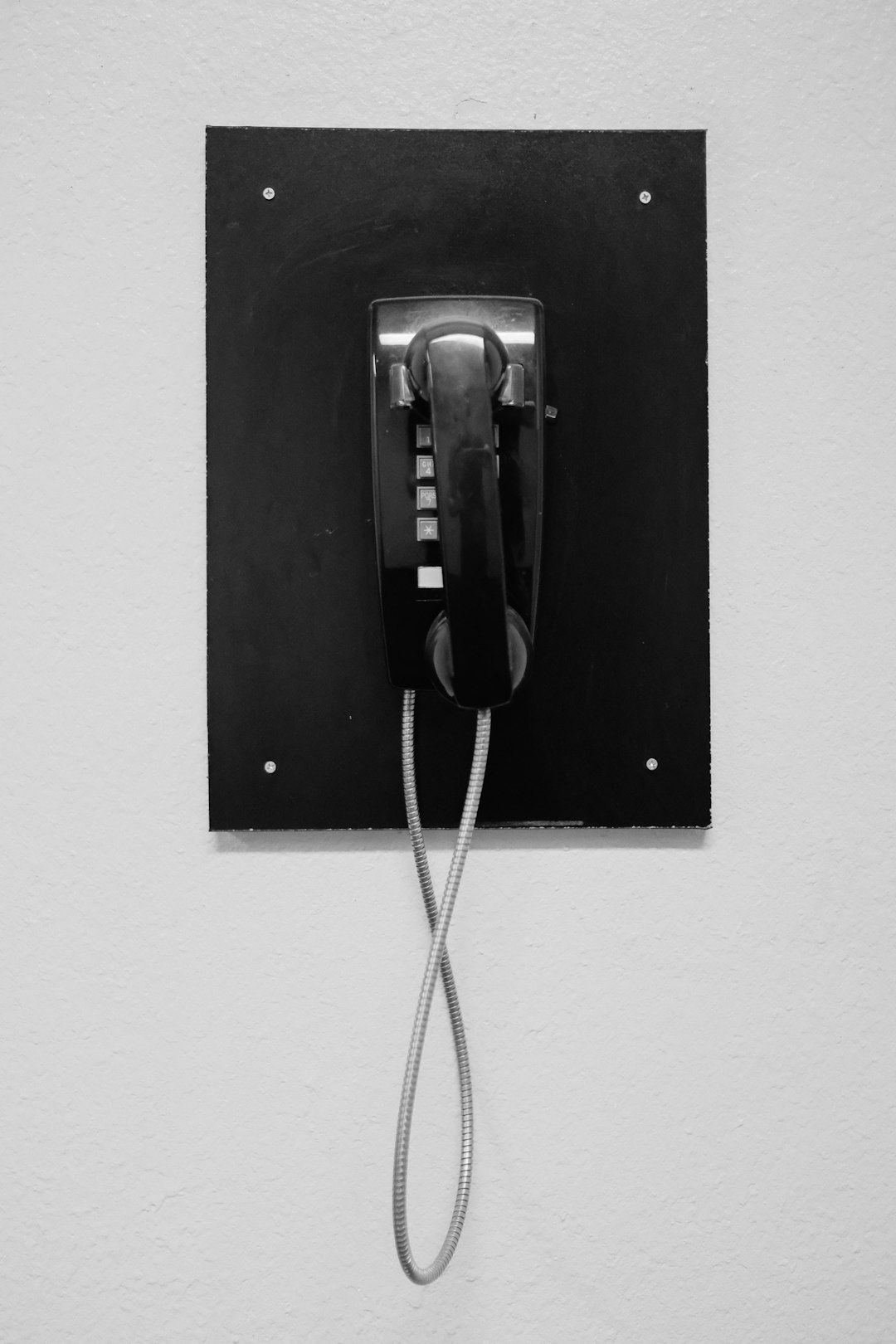Robocalls from autodialer law firms in New York State have become a significant consumer frustration, prompting regulatory action and lawsuits. The state's Autodialer Law prohibits unsolicited calls with prerecorded messages without consent, reducing nuisance calls. Strict enforcement, combined with proactive reporting and increased awareness, has led to a decrease in unwanted robocalls across NYC and Upstate regions. Consumers are taking control of their communication preferences while encouraging businesses to comply with stricter regulations.
In today’s digital age, consumers across New York State are increasingly plagued by robocalls, leading to significant frustration. This article delves into the pervasiveness of automated phone calls, examining their impact on New Yorkers’ daily lives. We explore recent lawsuits targeting autodialers and analyze common complaints from across the state. Additionally, we compare experiences between NYC and upstate, revealing geographic variations in robocall perception. Finally, we assess regulatory measures taken by New York to combat this nuisance and their overall effectiveness. An autodialer law firm in New York highlights these insights as crucial for consumers navigating this modern-day enigma.
Uncovering Robocall Prevalence in New York State

In New York State, as across the nation, robocalls have become a ubiquitous part of daily life for consumers. These automated phone calls, often promoting legal services or using high-pressure sales tactics, are a constant nuisance. To gain a comprehensive understanding of this issue, researchers and consumer advocacy groups have been tracking robocall volumes and types across the state. Data from various sources indicates that New York State residents receive an alarming number of unwanted robocalls, especially those related to legal services and financial offers.
The prevalence of robocalls in New York is not only a cause for frustration among consumers but also a concern from a regulatory perspective. The autodialer law firm trend raises questions about privacy rights and consumer protection. In response, state and federal authorities have implemented measures, such as the Telephone Consumer Protection Act (TCPA), to curb excessive robocalls. These efforts aim to strike a balance between legitimate marketing and sales practices and the need to protect consumers from intrusive and deceptive calls, particularly those originating from autodialer law firms in New York and elsewhere.
The Impact of Autodialer Lawsuits on Consumers

The rise of robocalls has significantly impacted consumer experiences, prompting a wave of lawsuits against autodialers. In New York State, where consumers have been particularly affected, these legal actions aim to protect residents from unwanted and often fraudulent automated calls. Many plaintiffs have joined forces with an autodialer law firm in New York to fight back against aggressive telemarketing practices. These lawsuits not only offer financial compensation but also serve as a powerful deterrent, urging businesses to adhere to stricter regulations.
By holding autodialers accountable, consumers are sending a clear message that excessive or deceptive robocalls will no longer be tolerated. This shift in legal dynamics has the potential to improve consumer experiences by reducing the volume of nuisance calls and ensuring compliance with privacy laws. As a result, New Yorkers can look forward to a calmer, more respectful communication environment.
Common Complaints: A Study of Consumer Frustrations

In New York State, consumers have expressed significant frustrations with robocalls, leading to a growing demand for regulations that protect their privacy and silence unwanted calls. According to recent studies, common complaints include excessive calls from law firms using autodialers, often targeting residents with pre-recorded messages promoting legal services or debt relief programs. This has prompted many New Yorkers to seek solutions under the state’s Autodialer Law, which restricts automated phone marketing practices and gives consumers more control over their communication preferences.
The frustration isn’t just about the frequency; robocalls often transmit inaccurate or misleading information, leaving recipients feeling misled and annoyed. With the rise of advanced technology, it’s crucial that both businesses and regulators stay vigilant to ensure consumer experiences remain positive in an increasingly digital world.
Geographic Variations: NYC vs. Upstate Experiences

In New York State, the experiences with robocalls can vary significantly between New York City (NYC) and Upstate regions. NYC, as a bustling metropolis, sees a higher volume of autodialer calls due to its dense population and robust communication infrastructure. These calls often involve law firm marketing, where firms use autodialers to reach potential clients en masse. However, the sheer number can lead to increased consumer frustration, with many residents labeling these calls as unwanted or even harassing.
In contrast, Upstate New York experiences a different dynamic. Despite having fewer residents, the region witnesses unique robocall trends. Law firm autodialer campaigns might target specific demographics or niche markets more precisely due to the lower call volume. While this can result in less nuisance for some, it may also leave certain groups underserved if their preferences are not considered in these automated outreach efforts.
Regulatory Measures and Their Effectiveness in NY

In New York State, regulatory measures aimed at curbing robocalls have been in place for several years. The state’s autodialer law prohibits businesses and individuals from using automatic dialing systems or prerecorded messages to make telemarketing calls without prior express consent. This legislation has had a notable impact, leading to a significant reduction in unsolicited calls received by New York residents. Law enforcement agencies actively investigate complaints related to robocalls, ensuring that violators face consequences, including substantial fines.
The effectiveness of these measures can be attributed to the combination of stringent laws and strict enforcement. Many call centers and telemarketing companies have had to adapt their strategies, resulting in a decrease in the volume of unwanted calls. Moreover, New York residents are increasingly aware of their rights, enabling them to report infractions more proactively. This collective effort has transformed consumer experiences, making robocalls less prevalent and more manageable for those across the state.






